Here at The Atherstone Surgery, we want to ensure that all our patients have equal access to healthcare. We know that those patients who live with a learning disability face more barriers to accessing healthcare.
Having a learning disability can affect how a person learns new things throughout life. It can affect the way a person understands information, and how they communicate. This means they can have difficulty understanding new or complex information, learning new skills, or coping independently.
People with learning disabilities have individual strengths and abilities. These should be recognised alongside meeting any support needs that are identified. They are often underserved in access to healthcare and experience high levels of health inequality which is unfair.
Because of this we are proud to be a Learning Disability Friendly Practice and do our best to help our patients with Learning disabilities get the most out of their healthcare services.
What does it mean to be a Learning Disability Friendly Practice?
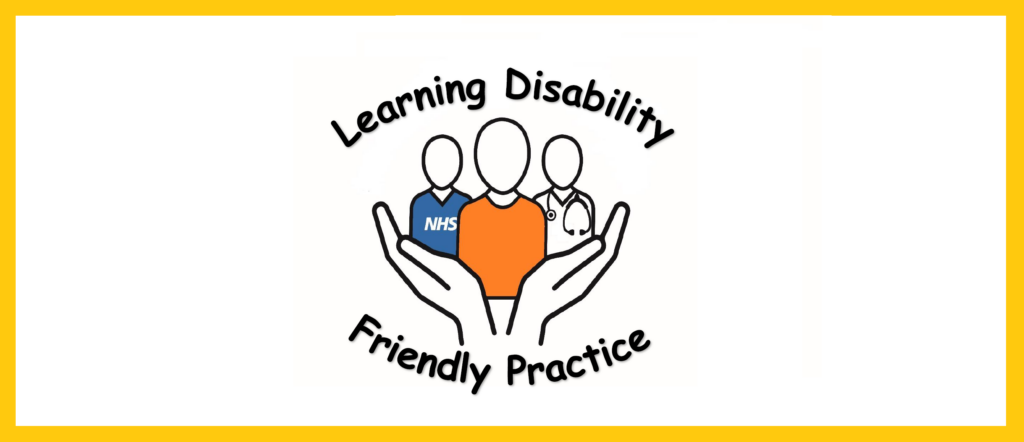
- The GP practice has elected Dr Caird and Kathryn Dexter as our Learning Disability Champions.
- People with a learning disability receive personalised care.
- People with a learning disability receive high-quality Learning Disability Annual Health Checks that improve their health outcomes.
- The GP practice makes reasonable adjustments to enable access and improve patient experience of their care.
Around 950,000 adults and 300,000 children in England have a learning disability. Many people with a learning disability often experience poorer health and die at a younger age.
For an easy-to-read guide to our practice please click on the link below.
What is a learning disability?
A learning disability is a condition characterized by developmental delays that may occur before, during, or after birth. While some individuals may have identifiable causes, such as Down syndrome, many do not. It is important to recognize each person’s unique abilities and functioning skills. Unlike mental illness, which can sometimes be treated, a learning disability results from damage to the brain or nervous system and cannot be reversed or “cured.”
Care needs vary widely among individuals with learning disabilities. Some may depend entirely on others for care, while others appear independent but may face challenges such as behavioural issues, mental health concerns, or epilepsy.
A learning disability is a lifelong condition, not an illness. With appropriate support, many can develop practical and social skills, even if it takes longer. Each person’s disability is different, affecting their ability to understand complex information and learn new skills, whether practical tasks or social interactions. Some may need alternative communication methods or help with daily activities, while others can live independently with minimal assistance.
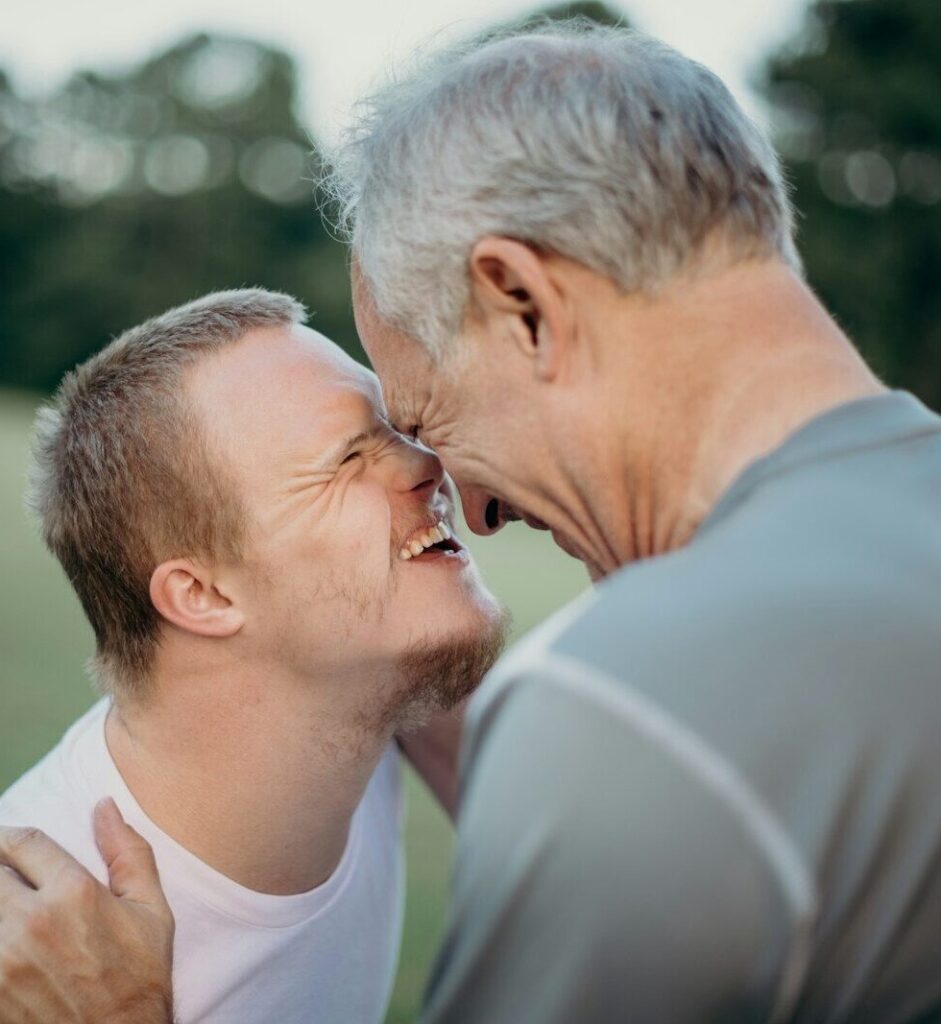
The official definition of learning disability is someone who has all of the following:
- A significantly reduced ability to understand new or complex information, to learn new skills (impaired intelligence)
- A reduced ability to cope independently (impaired social functioning)
- A condition which started before adulthood (under the age of 18), with a lasting effect on development.
It is important not to confuse learning disability with the conditions below:
- Learning difficulty
- Mental illness
- Brain damage in adulthood
- Cerebral palsy and epilepsy
- Specific scholastic problems
- Autistic Spectrum Disorder/Asperger’s Syndrome with no effect on IQ
- Epilepsy
- Neurological conditions with no effect on IQ
For more information about learning disabilities click on the link below.
GP Learning Disability Registers
When someone has a learning disability, it’s important that it’s recorded in their health record and that they be added to the learning disability register. This register gives you extra help at the doctors.
What is the learning disability register?
- It is a list of people registered with the practice who have a learning disability.
- It helps the doctor’s surgery know who may need extra support.
The benefits of being on the Learning Disability Register include:
- Having an annual health check, if 14 or over.
- Parents, carers and siblings being identified as carers.
- A better understanding of a child or young person’s needs before they attend health care settings.
- Improved transition to adult services, as your GP will be aware of the young person’s needs and can be involved in any planning.
- Better access to vaccines.
If you wish to be put on the register, you will need to book an appointment to be assessed with your GP. To book please call us on 01827 713664 and speak to our friendly reception staff.
Click on the button below for easy-to-read instructions on how to join the learning disability register.
For more advice and support regarding the learning disability register please click on the link below.
How do I put my child on the register?
A first step would be to have a conversation with your GP to discuss whether your child or young person has a learning disability or whether there are other additional needs or diagnoses that need highlighting. Simply book an appointment with your GP for an assessment with us under your child’s name by calling 01827 713664 or you can book online via rapid health on the link below.
Dynamic Support Register (DSR)
You may also find it useful to make sure that you are on your local dynamic support register as this helps local systems better identify who in the community most needs extra help and how best to support them.
What is the Dynamic Support Register (DSR)?
Coventry and Warwickshire’s Dynamic Support Register is a register of people with a learning disability and autistic people, including those considered to be at risk of admission to a mental health hospital.
It brings together partners from health, social care, education, and other systems to provide high-quality support at the right time and in the right setting. The aim is to prevent unnecessary hospital admissions for people with learning disabilities and those who are autistic. Additionally, these partners ensure that individuals’ needs are considered in commissioning plans, financial plans, and service delivery and development.
Anyone with a learning disability can ask to go on it. Just speak to your GP and they can refer you or you can refer yourself using the self-referral form below.
The above form can also be used by parents/carers of those with learning disabilities providing they meet the criteria.
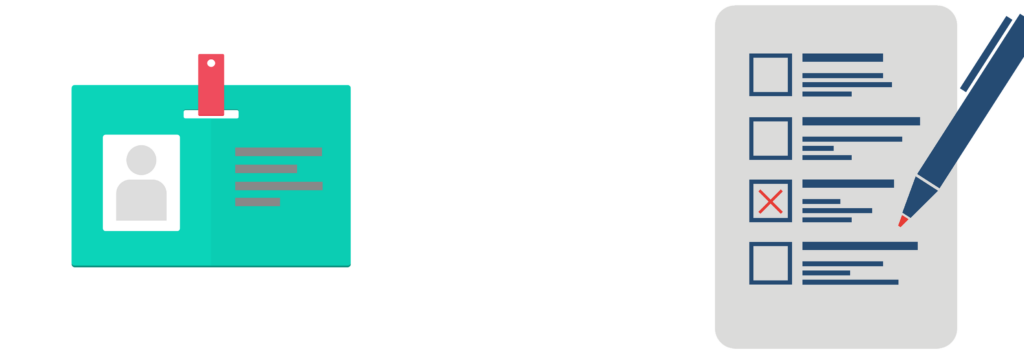
For a referral to be accepted it is essential that:
1. The person has capacity to give informed consent or A best interest decision has been made on behalf of them if they don’t have capacity.
2. The person has a diagnosis of a Learning Disability or Autism.
If you are referring yourself or someone close to you, please note that:
- They will contact you within 5 working days to take further information to understand the patients current needs and help them to manage your referral.
- Information submitted will be shared with colleagues from health and social care to discuss current needs, levels of risk and potential sources of support.
- If the person is added to the DSR, their information will be shared with organisations who may be providing support, depending on where they live including: Coventry City Council or Warwickshire County Council, Coventry and Warwickshire Integrated Care Board, Coventry and Warwickshire Mind, Fine Futures.
For further information about the DSR, please click HERE.
Please note that if the person being referred needs an urgent or immediate response from mental health, they should look here: Find Help Now | Coventry and Warwickshire Partnership NHS Trust
Annual health checks

People with a learning disability often have poorer physical and mental health than other people. An annual health check can improve people’s health by spotting problems sooner.
People with a learning disability can sometimes find it hard to know when they are ill and may find it hard to tell someone about it. It is very important to go to your annual health check every year so you and your doctor can find any problems early to help you.
Registered patients with a learning disability will be invited to The Atherstone Surgery for annual health checks with a GP who has a special interest in learning disabilities. Your doctor will partner with you to create a health action plan. Anyone aged 14 or older with a learning disability can receive an annual health check.
Benefits of having an annual health check:
- Development of a Health Check Action Plan – see below.
- Can link to the duty on local authorities to make sure all Education, Health and Care Plan reviews from Year 9 onwards include a focus on preparing for adulthood, this is the health outcome.
- Additional information can be added to the Summary Care Record which can ‘flag’ your child or young person’s needs or reasonable adjustments so that all healthcare professionals that care for them are aware.
- The child or young person can build their confidence of going to the surgery, and their familiarity with practice staff.
- Identification of any previously undetected health needs or health conditions.
- Health needs are acted upon, for example, referrals to other health care practitioners are made.
- GP’s and practice staff can get to know the person better when they are not unwell.
During the health check, the GP, practice nurse or other professional will:
- Do a general physical check which may include weight, heart rate, blood pressure and taking blood and urine samples.
- Ask about things that people with a learning disability often have problems with, such as epilepsy, constipation or problems with swallowing.
- Review medicines.
- Check any existing health problems such as asthma or diabetes.
- Discuss any other health appointments (dental, optician, specialist appointments and more).
- Ask about support you are getting.
- Discuss transition planning.
- Discuss how to stay healthy and offer general healthy living advice where appropriate.
- Discuss and agree the Health Check Action Plan (please make sure you are given a copy).
Whilst at your appointment doctors can refer for the following services:
- The Children’s Community Learning Disability Team will accept referrals via the Rise navigation service for all children with a Moderate to severe Learning Disability and behaviours that Challenge where needs cannot be met within Primary care services.
- Referrals into Community Adult Learning Disability Services throughout Coventry and Warwickshire are managed by a Central Booking Service.
Get ready for your health check
Click on the link below for an easy-to-read guide on how to get ready and what to expect from your health check. It tells you about what to take with you, what questions you may be asked and what checks the doctor may do.
Before your appointment, you will be asked to fill in a questionnaire to help your GP best assess your needs and check for any illnesses you may be developing. This form will be sent out with your health check invite, but you can also download it below to prepare in advance.
Please click on the links below for some videos about what to expect from your health check.
- Harshi’s learning disability annual health check and health action plan
- Annual health checks guide for people with learning disabilities
Help in hospital – Hospital passports
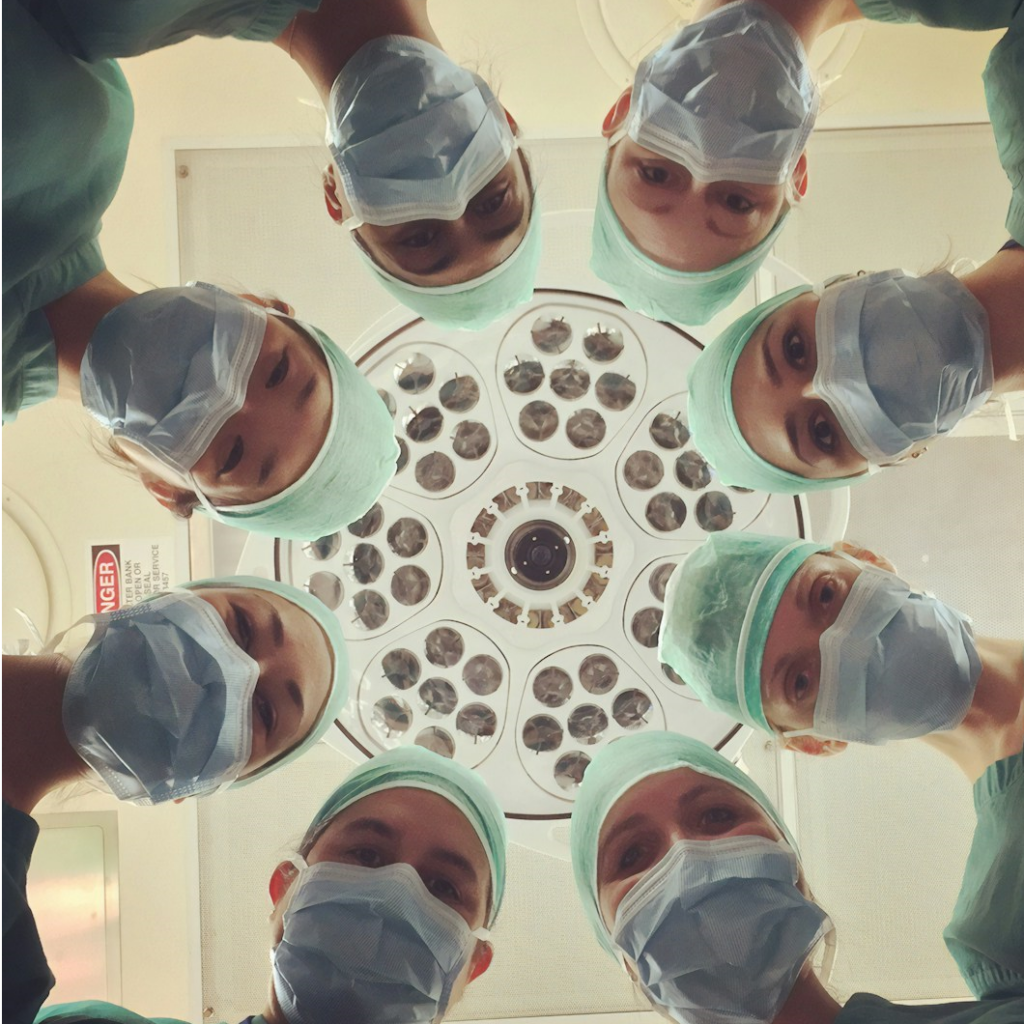

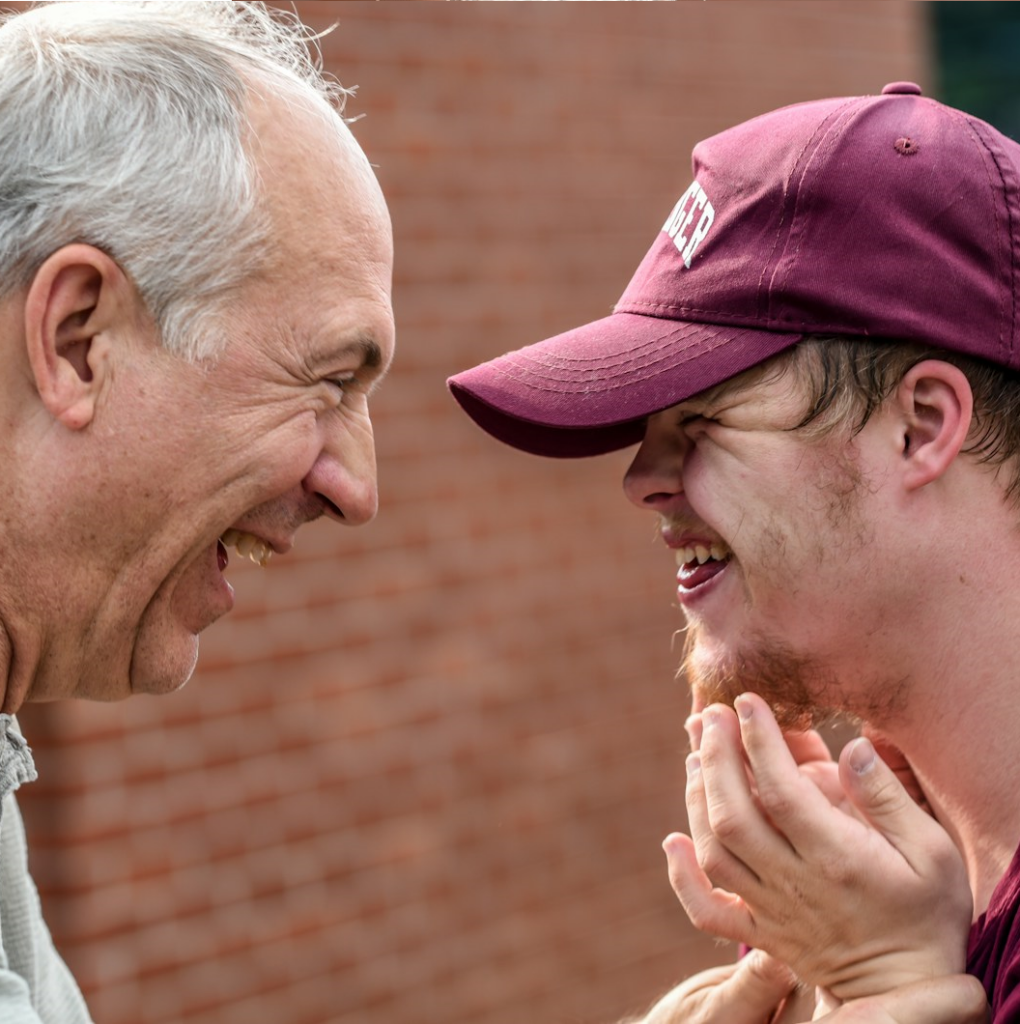
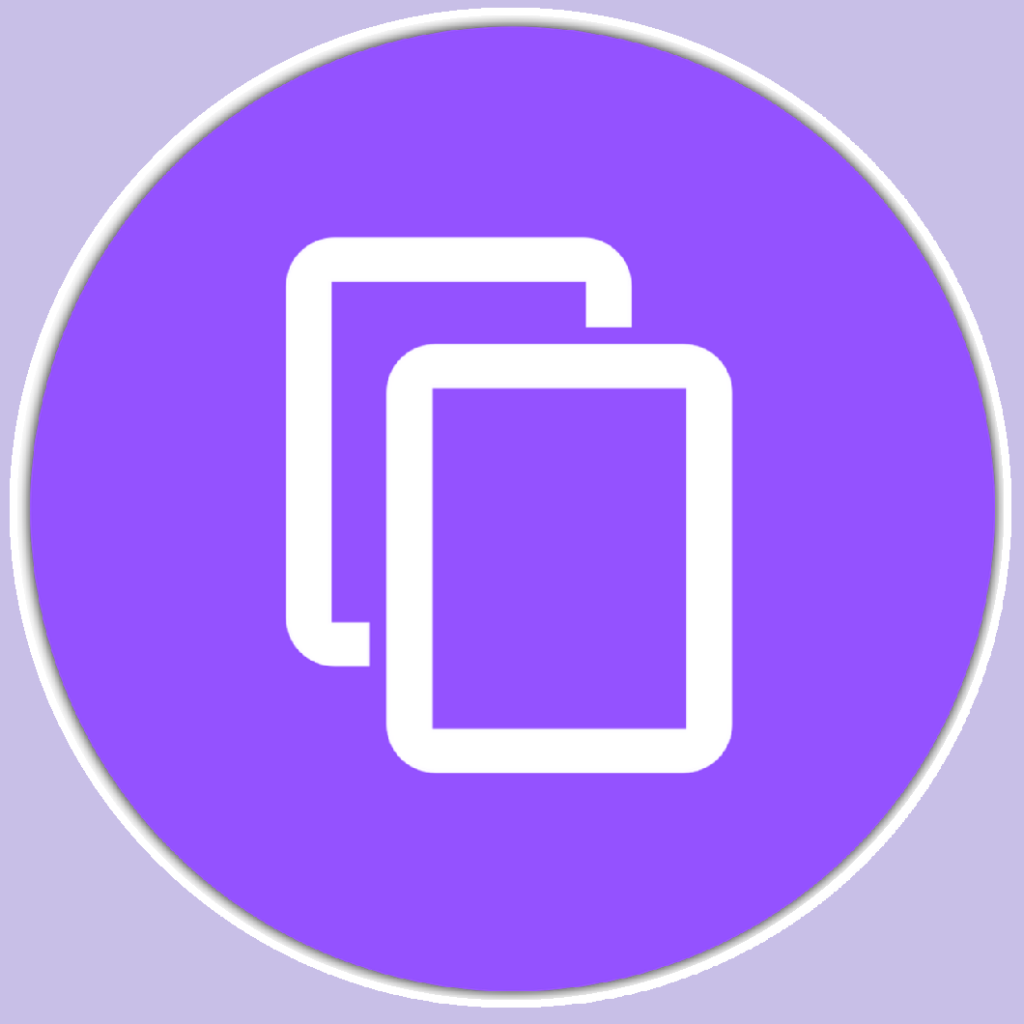
A hospital passport tells the hospital about your healthcare, your learning disability, how you like to communicate and how to make things easier for you.
You can carry your hospital passport and show it to healthcare staff at the hospital.
It can help you to get the care you need in an easier to understand way.
Hospital passports can get lost in the hospital so it’s a good idea to have more than one copy.
Please click on the link below to download your hospital passport.
For more information about hospital passports and how you can prepare for a hospital visit please click on the links below.
Additional Resources
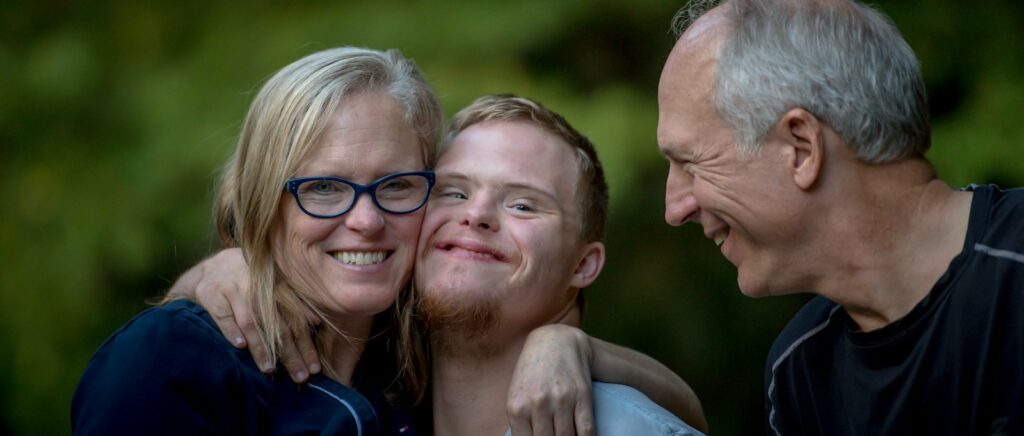
Below are some helpful links to specialist sites that can provide more information and services.
Easy Read Leaflets
We also have access to a large selection of easy-to-read leaflets and videos designed to help you. Please click on the links below to view.
Conditions
- How Is Your Hearing
- All About Asthma
- Diabetes
- Coronary Heart Disease
- Dementia
- Epilepsy
- Mental Health Problems
- Obesity
- Lung and Breathing Problems (COPD)
- Dysphagia Video (Can I still have chocolate?)
- How To Avoid Sepsis
- Menstruation Guide
- Prostate Changes and What to Look Out For
- Ovarian Cancer
- All About Allergies
- Diagnosing Allergies
- Signs of Constipation
- Heart Attack
- Stroke Video
- Menopause
